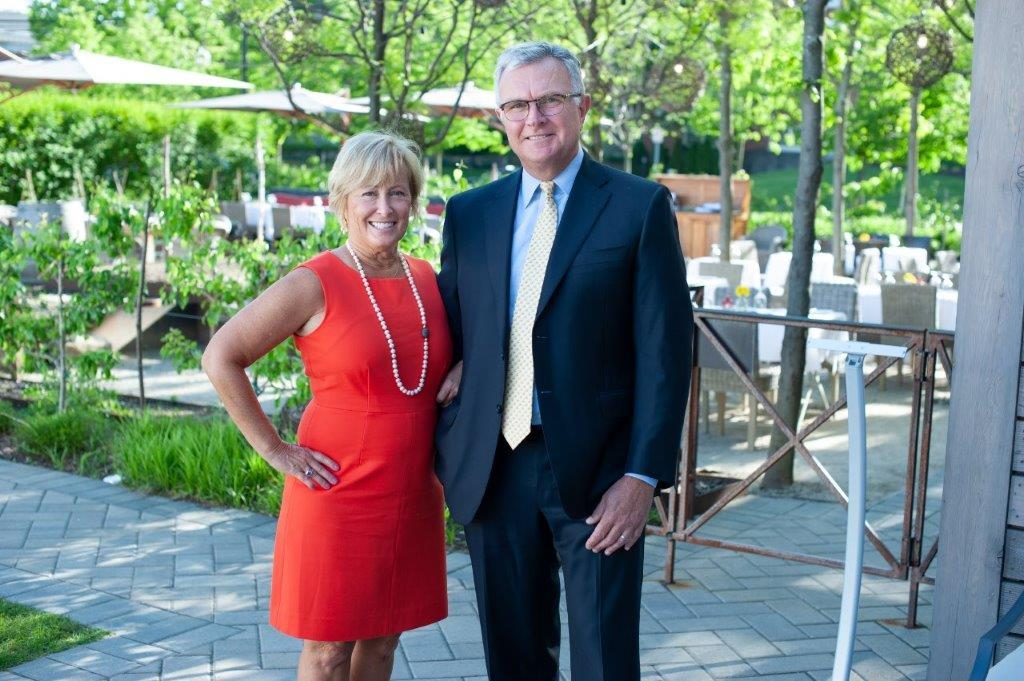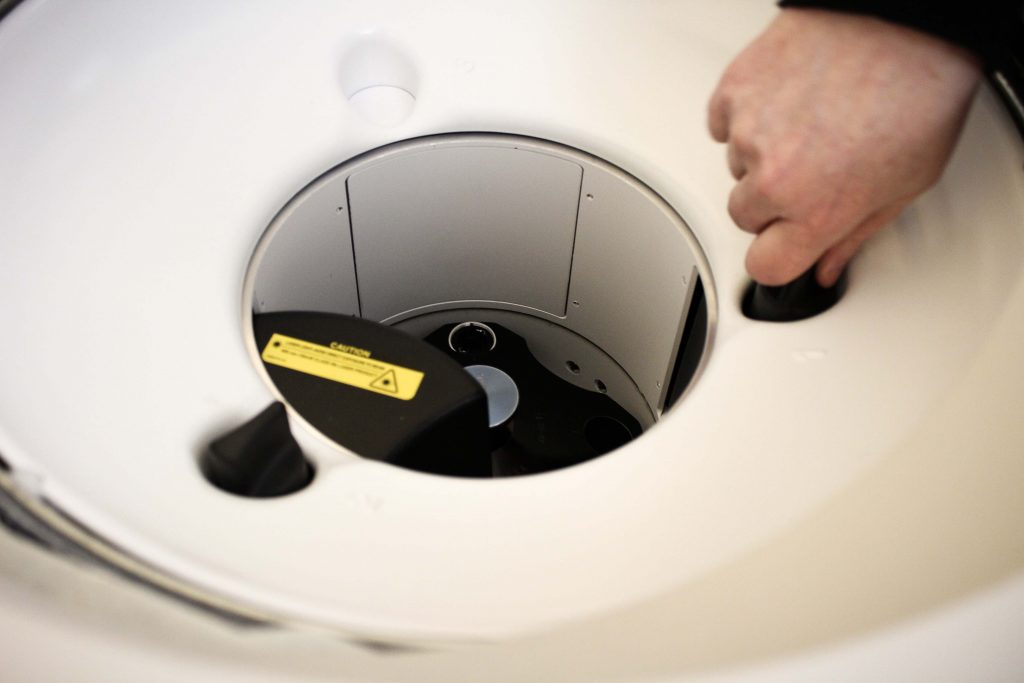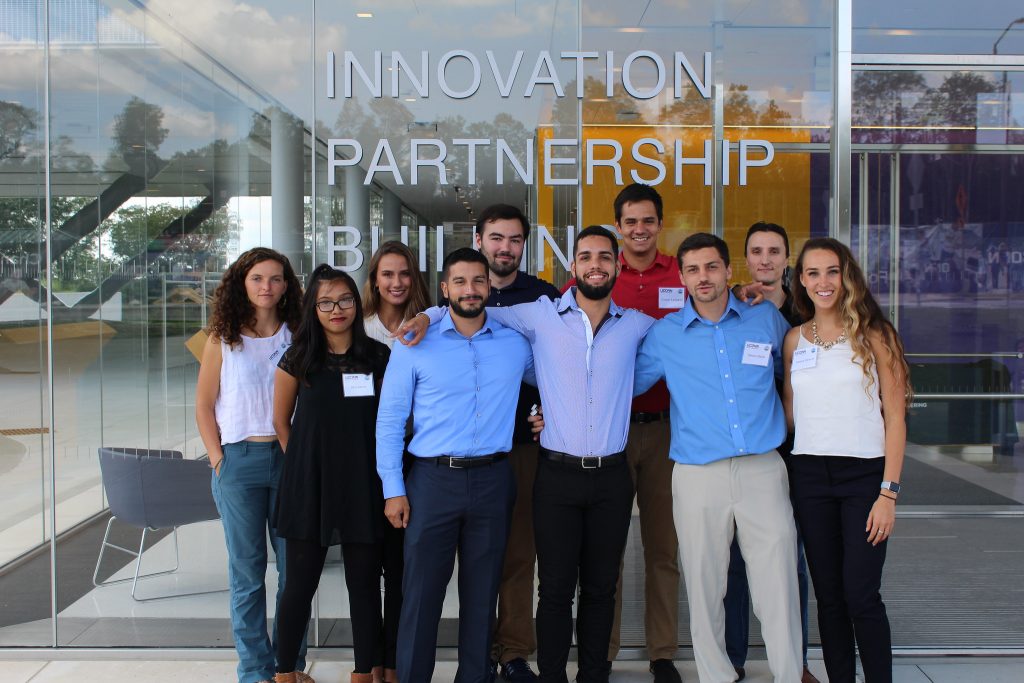College of Engineering
Researchers Hone Our Ability to Map Storm Flooding
UConn researchers developed a radar satellite-based mapping technique that will improve the ability of forecasters to more accurately predict the inundated area caused by future storms.
September 16, 2019 | Tom Kertscher, freelance writer
New Grant Helps Manage Pain and the Opioid Crisis
A research team from the Connecticut Convergence Institute for Translation in Regenerative Engineering has received $1.8 million from the NIH to work towards the development of a non-opioid treatment for acute pain flare-ups.
September 16, 2019 | Anna Zarra Aldrich '20 (CLAS), Office of the Vice President for Research
START Preliminary Proof of Concept Fund Recipients
Through a generous grant from the CTNext Higher Education Fund last year, the Office of the Vice President for Research (OVPR) has been administering an early stage translational research funding program called the START Preliminary Proof of Concept Fund. Under the grant, funding is provided to investigators at Central Connecticut State University, Southern Connecticut State […]
September 13, 2019 | Jessica McBride, PhD
$5M Gift Launches Arts and Engineering Institute
University of Connecticut alumni John and Donna Krenicki gave $5 million to the university’s Schools of Fine Arts and Engineering to launch the Krenicki Arts and Engineering Institute.
September 12, 2019 | Grace Merritt, The Foundation
UConn Engineering Welcomes Nine New Faculty
This Fall, a new group of seven talented researchers and educators will be joining UConn Engineering as full-time faculty, and will be hailing from as close as the University of Connecticut to as far as The Hong Kong University of Science and Technology.
September 9, 2019 | Eli Freund
Shea Appointed President of National Local Technical Assistance Program Association
During the 2019 National LTAP-TTAP-NTTD Conference in August, Donna Shea, Director of the Connecticut Training and Technical Assistance Center at the Connecticut Transportation Institute, was installed as the President of National Local Technical Assistance Program Association.
September 4, 2019 | Cindy Weiss, CLAS Today
Bridging Science at UConn’s Biophysics Facility
The University of Connecticut houses its very own Biophysics Facility, where expert technicians use specialized equipment to help UConn researchers better understand how biological systems work.
September 4, 2019 | Carson Stifel '21 (CLAS), Office of the Vice President for Research
Enhanced Tree Trimming Reduces Storm-Related Power Outages, UConn Study Finds
Enhanced tree trimming reduces the number of power outages during storms by 16 to 48 percent, according to a study from the Eversource Energy Center recently published in the peer-reviewed journal Electric Power Systems Research.
August 27, 2019 | Eli Freund
Four Engineering Faculty Receive NSF CAREER Awards in 2019
Four UConn Engineering professors received Faculty Early Career Development Awards from the National Science Foundation this year, one of the highest honors a junior science or engineering faculty member can receive.
August 27, 2019 | Eli Freund
Summer REU Students Immerse Themselves in Entrepreneurship
Each year, students from across the country apply to the National Science Foundation REU (Research Experiences for Undergraduates) program, gaining experience in a myriad of different subject areas. In the summer of 2019, the University of Connecticut School of Engineering hosted a select group of 10 engineering students, who hailed from UConn, as well as multiple other schools across the country, and tasked them with conceptualizing innovative entrepreneurial ventures.
August 27, 2019 | Eli Freund









